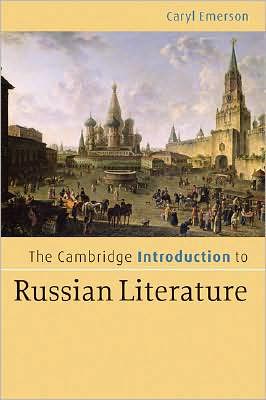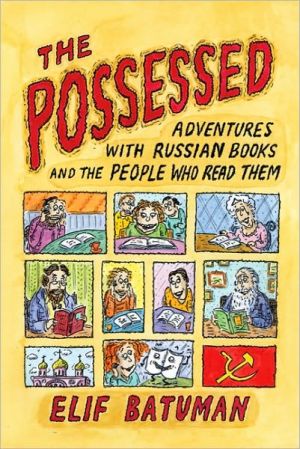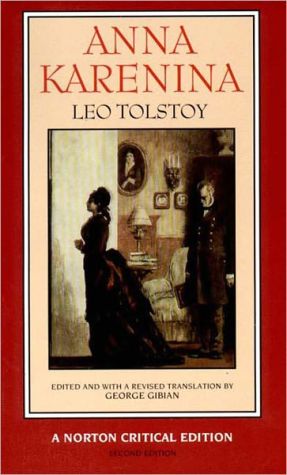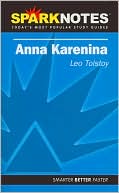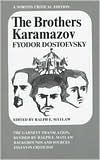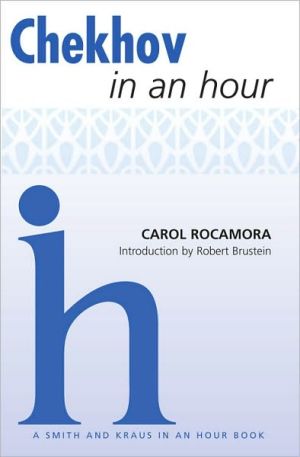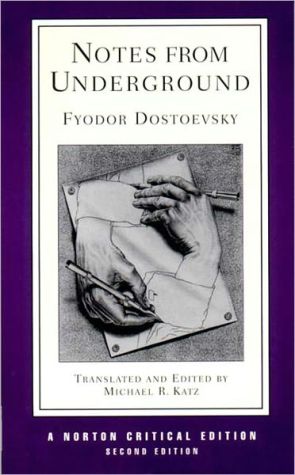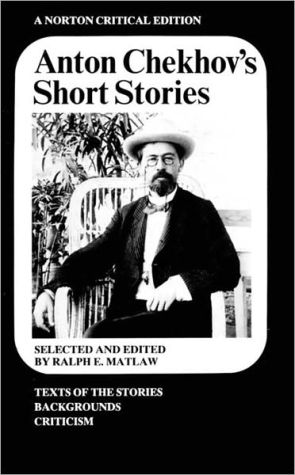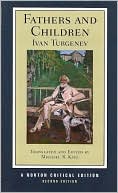The Cambridge Introduction to Russian Literature
Russian literature arrived late on the European scene. Within several generations, its great novelists had shocked - and then conquered - the world. In this introduction to the rich and vibrant Russian tradition, Caryl Emerson weaves a narrative of recurring themes and fascinations across several centuries. Beginning with traditional Russian narratives (saints' lives, folk tales, epic and rogue narratives), the book moves through literary history chronologically and thematically, juxtaposing...
Search in google:
An engaging overview of the Russian literary tradition, with a glossary and guide to further reading.
List of illustrations xiiAcknowledgments xiiiIntroduction 11 Critical models, committed readers, and three Russian Ideas 11Literary critics and their public goods 14Three Russian Ideas 222 Heroes and their plots 34Righteous persons 35Fools 39Frontiersmen 43Rogues and villains 47Society's misfits in the European style 53The heroes we might yet see 573 Traditional narratives 59Saints' lives 62Folk tales (Baba Yaga, Koshchey the Deathless) 66Hybrids: folk epic and Faust tale 71Miracle, magic, law 754 Western eyes on Russian realities: the eighteenth century 80Neoclassical comedy and Gallomania 84Chulkov's Martona: life instructs art 90Karamzin's "Poor Liza" 945 The astonishing nineteenth century: Romanticisms 99Pushkin and honor 101Duels 108Gogol and embarrassment 114Pretendership 1186 Realisms: Dostoevsky, Tolstoy, Chekhov 125Biographies of events, and biographies that are quests for the Word 129Time-spaces (Dostoevsky and Tolstoy) 134Dostoevsky and books 146Tolstoy and doing without words 148Poets and novelists (Dostoevsky and Nekrasov) 153Anton Chekhov: lesser expectations, smaller forms 1567 Symbolist and Modernist world-building: three cities, three novels, and the Devil 166The fin de siècle: Solovyov, Nietzsche, Einstein, Pavlov's dogs, political terrorism 168Modernist time-spaces and their modes of disruption 171City myths: Petersburg, Moscow, OneState 1798 The Stalin years: socialist realism, anti-fascist fairy tales, wilderness 191What was socialist realism? 198Cement and construction (Fyodor Gladkov) 203The Dragonand destruction (Evgeny Shvarts) 207Andrei Platonov and suspension 211The "right to the lyric" in an Age of Iron 2179 Coming to terms and seeking new terms: from the first Thaw (1956) to the end of the millennium 220The intelligentsia and the camps (Solzhenitsyn) 224The Underground Woman (Petrushevskaya) 230Three ways for writers to treat matter (Sorokin, Pelevin, Akunin) 238Notes 250Glossary 269Guide to further reading 282Index 285
\ From the Publisher'Apart from the advanced beginner, there are many other categories of reader who will derive profit and enjoyment from this book. … you will embark on a literary tour … that challenges preconceived notions and liberates the imagination.' Modern Language Review\ \
